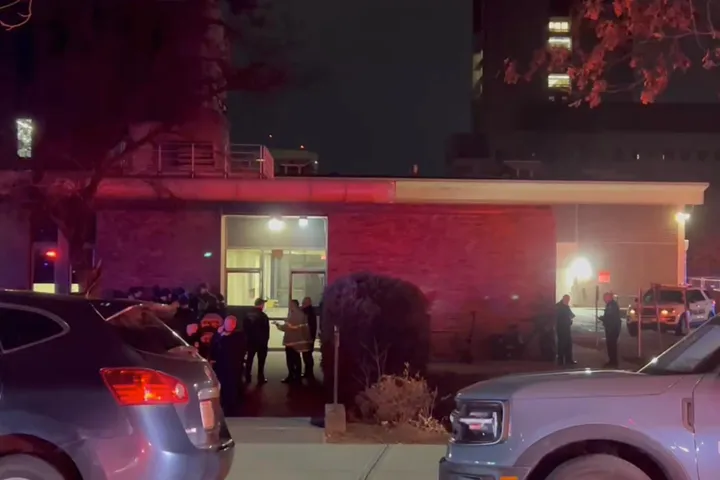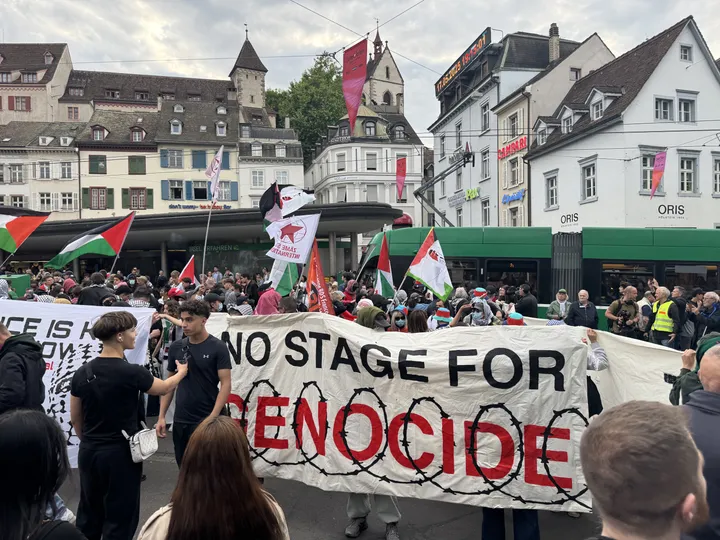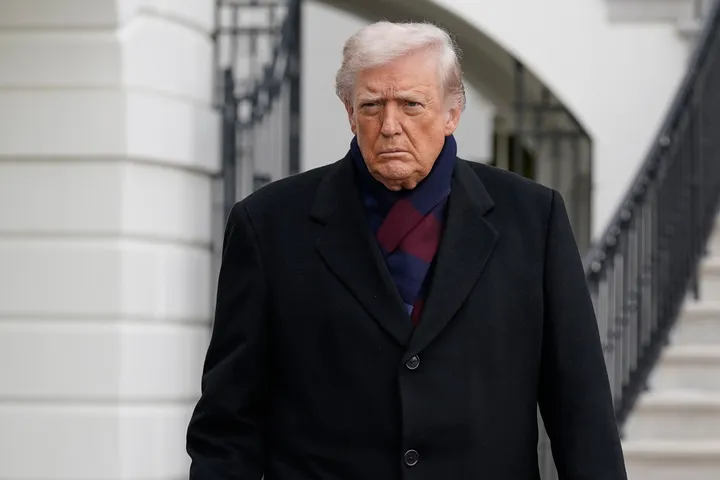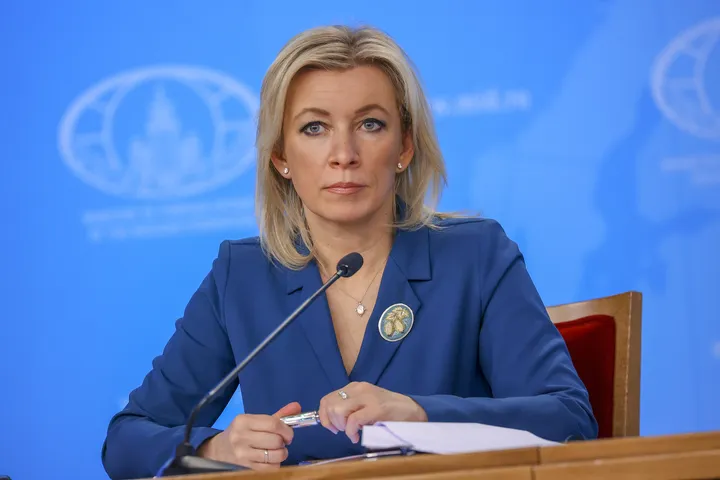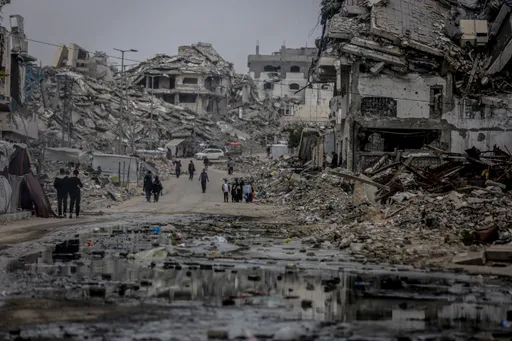Following demonstrations on July 25, which resulted in the offices of the largest parliamentary party, Ennahda, burnt down across several cities, Tunisian President Kais Saied seized the moment to concentrate power in his hands.
The work of parliament has been frozen, Prime Minister Hichem Mechichi was dismissed, and in a not so veiled threat to parliamentarians, their immunity stripped.
"Domestically, the president may have seen in this particular juncture as a window of opportunity to deal a decisive blow to his political rivals," says Umberto Profazio, a North Africa researcher.
President Saied's rivals are part of an ever-growing list of enemies, including Prime Minister Mechichi, the speaker of parliament Rachid Ghannouchi, who is also co-founder of the Ennahda party and their allies.
The fallout from the current political wrangling may ultimately be people's faith in democracy, which was already on life support before the president's power grab, which "threatens to derail the Tunisian democratic experiment," says Profazio speaking to TRT World.
In the 2014 parliamentary elections, the turnout was 67 percent, a historic high following the 2011 revolution, and the public had high hopes for political and economic change through the ballot box.
By 2019, the turnout in the country's parliamentary elections plummeted by 26 percent to 41 percent, reflecting the growing disillusionment in the country.
"Political parties such as Ennahda are discredited and considered responsible for the ongoing political and economic crisis," Profazio says.
President Saied's power grab, which opponents have also described as a "coup", risks something even more profound, disenfranchising the country from a means of changing their leader.
Conservative political forces in the country which have become invested in the democratic process may be pushed into "extremist positions" added Profazio.
There is a real danger of a narrative emerging that the country's secular establishment won't share power with forces it doesn't like and tilt the playing field against conservative voices.
Ultimately, President Saied's move risks "reinforcing the simplistic narrative describing the transition in Arab countries as a choice between terrorist and secular forces," says Profazio.
In neighbouring Libya, the renegade general Khalifa Haftar, who has fought a long-running war against the internationally recognised government in Tripoli, welcomed Saied's move.
Haftar has framed his war as one against Islamist forces. Similarly, in Syria, the Bashar al Assad regime framed the early protests against his one-man rule as a battle between a secular country and terrorism.
In Egypt, following the 2013 coup led by the military leading to Abdel Fattah el Sisi taking over from the first democratically elected government. The narrative? A country saved from Islamism, again.
While Tunisia also has a history of repressing conservative Muslim voices in the country, it is also different in some important ways.
Huda Mzioudet, a researcher in Tunisian and Libyan affairs, is hopeful that the country's civil society can jolt politicians and voters to prevent the country from giving up the gains made in 2011.
"Civil society remains Tunisia's safety net to oppose sliding into a bad scenario," says Mzioudet speaking to TRT World. "I dismiss an Egyptian-like scenario, not realistic in Tunisia given the army's neutrality," she added.
Like so many Tunisia observers, there is close to a consensus that politicians in the country have squandered the goodwill and trust placed in them.
"While I put the blame on the main political class in the current political quagmire," says Mzioudet, "they need to negotiate and review their previous positions regarding the Tunisian street's deep resentment and anger at their failure to implement reforms."
If President Saied's attempt to suspend parliament is passed and he further accumulates more power than, "most likely civil society organisations and citizens reclaim the streets," adds Mzioudet.
The army's role and the country's security forces will play in the coming days will also be crucial in not avoiding further polarisation.
In 2011 the military stepped aside and refused to defend the country's longtime dictator, Zine el Abedine Ben Ali.
Now the military has a similar choice, says Profazio. Does it "continue to remain a neutral and impartial actor in the Tunisian political landscape,” or, “take sides with Saied, transforming into an instrument of repression and restoration that would take Tunisia back to 2010."
The stability of the country may rest on that decision.

